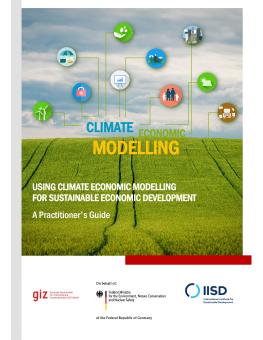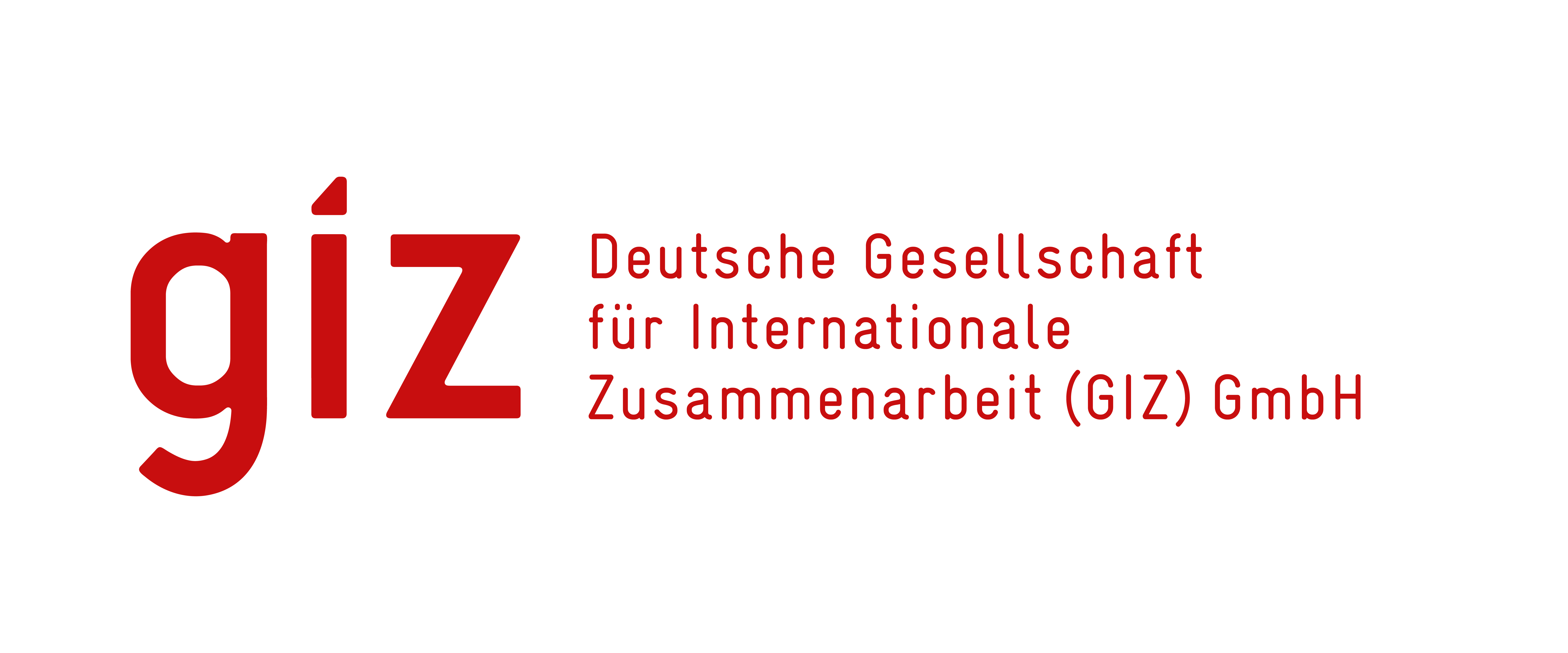
Using Climate Economic Modelling for Sustainable Economic Development
A Practitioner’s Guide
Climate economic modelling is a critical process that informs policy makers of the costs, benefits and potential trade-offs of climate risks and climate change adaptation on the economy. It can be useful to support problem framing, stakeholder engagement and awareness raising, and advocacy and communications related to climate change.
This guide offers a framework to help economic advisers in central and sectoral government ministries to integrate climate economic modelling results in economic development processes, with the ultimate objective to support climate-resilient economic development. The framework identifies nine indicative entry points and provides input on how to select the most appropriate one depending on the immediate opportunities and needs of the country.
This working document was developed by the International Institute for Sustainable Development (IISD) as part of the global program “Policy Advice for Climate-Resilient Economic Development (CRED)” implemented by the Deutsche Gesellschaft für Internationale Zusammenarbeit (GIZ) GmbH on behalf of the Federal Ministry for the Environment, Nature Conservation and Nuclear Safety (BMU).
Participating experts
You might also be interested in
How Can We Work With Nature to Tackle Drought and Desertification?
Drought is one of the most devastating and pervasive challenges exacerbated by climate change. However, we can work to reduce its effects through nature-based solutions for land restoration and climate-smart agriculture.
Emirates Leaders Declaration at COP 28 an Important Step in Advancing Resilient Food Systems
IISD welcomes the Emirates Leaders Declaration on Sustainable Agriculture, Resilient Food Systems, and Climate Action announced today at the 28th UN Climate Change Conference (COP 28).
Food Systems and Agriculture: What’s on the menu for COP 28?
Our agriculture expert Claire McConnell explains the importance of food systems transformation in addressing climate change and how can it be achieved, particularly within the context of COP 28.
December 2024 | Carbon Minefields Oil and Gas Exploration Monitor
In November 2024, 23 oil and gas exploration licences were awarded across five countries, with Russia granting the licences that account for the largest portion of embodied emissions.
